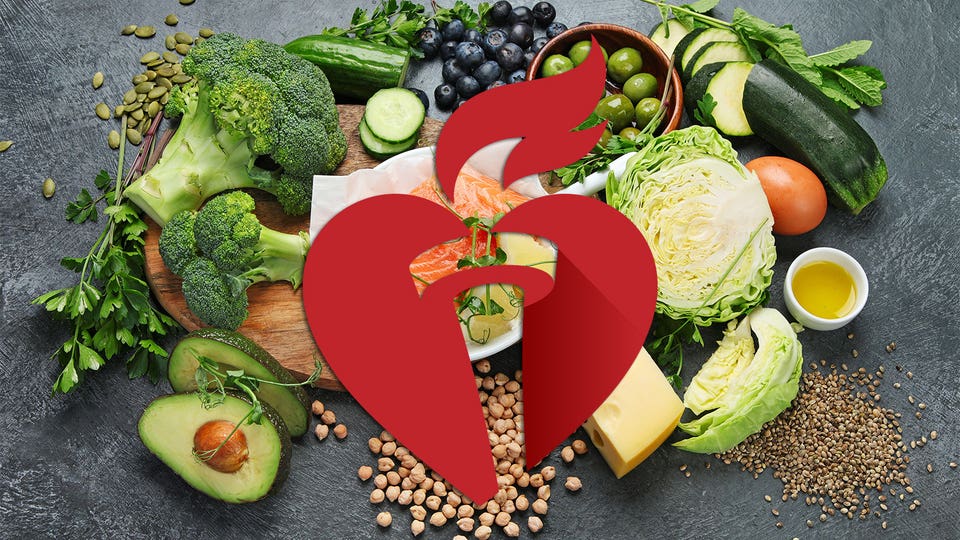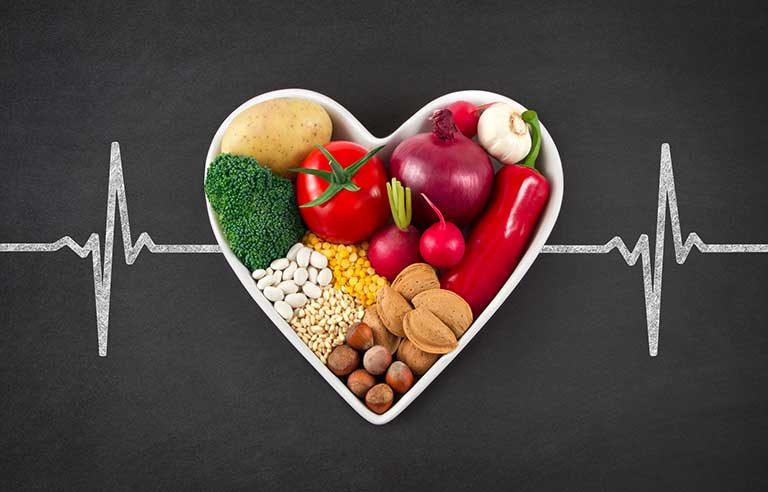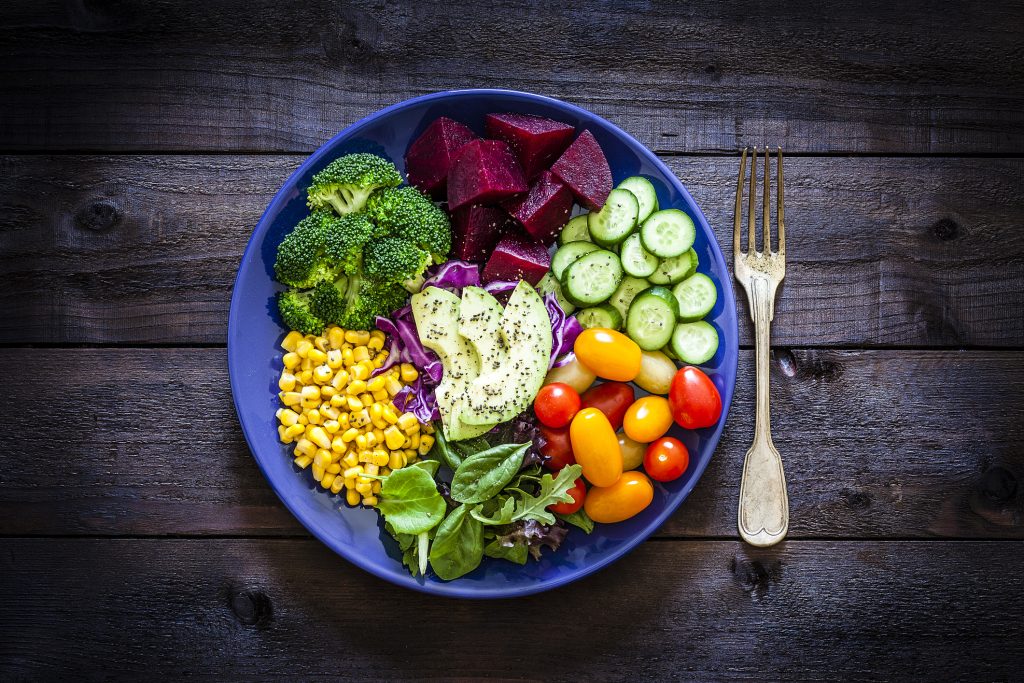
Are you struggling to maintain a healthy diet amidst a busy schedule? Look no further. In this article, we will guide you through five practical steps to conquer healthy eating, starting from meal planning all the way to combating food waste.
Backed by evidence and designed for those seeking freedom in their dietary choices, our approach focuses on plant-based diets, nutrient density, cooking techniques, and reducing food waste.
Take control of your health and revolutionize your eating habits today.
Meal Planning
Meal planning is essential for maintaining a healthy and balanced diet. It allows individuals to have control over their food choices and portion sizes, which are crucial for achieving and maintaining a healthy weight.
When planning meals, it is important to consider the nutritional value of the food and ensure a variety of fruits, vegetables, whole grains, lean proteins, and healthy fats are included. This can be done by creating a grocery shopping list based on the meals planned for the week. By having a list, individuals are less likely to make impulsive and unhealthy food choices.
Additionally, portion control plays a vital role in maintaining a healthy diet. By planning meals in advance, individuals can ensure they are consuming appropriate portion sizes, which can prevent overeating and promote weight management.
Plant-Based Diets
One way to incorporate more plant-based options into your diet is by exploring the benefits of a plant-based diet. Plant-based diets focus on consuming foods derived from plants, such as fruits, vegetables, whole grains, legumes, nuts, and seeds, while minimizing or eliminating animal products. This dietary choice offers numerous benefits, including a wide variety of protein sources and a positive environmental impact.

Contrary to popular belief, plant-based diets can provide all the essential nutrients, including protein. Plant-based protein sources include legumes like lentils, chickpeas, and black beans, as well as soy products like tofu and tempeh. Nuts and seeds, such as almonds, chia seeds, and hemp seeds, are also excellent sources of protein.
In addition to the health benefits, plant-based diets have a lower environmental impact. Animal agriculture is a leading contributor to greenhouse gas emissions, deforestation, and water pollution. By opting for plant-based meals, you can help reduce your carbon footprint and support sustainable food production practices.
Incorporating more plant-based options into your diet not only benefits your health but also contributes to a more sustainable and environmentally friendly lifestyle.
Nutrient Density
A key factor in achieving a healthy eating habit is prioritizing foods that are high in nutrient density. Nutrient density refers to the amount of nutrients, such as vitamins, minerals, and antioxidants, in a given portion of food. Foods that are nutrient-dense provide a high concentration of essential nutrients relative to their calorie content. These foods are important for supporting optimal health and well-being.
When it comes to nutrient absorption, consuming a diet rich in nutrient-dense foods can help ensure that your body is able to efficiently absorb and utilize the nutrients from the foods you eat. This is because these foods are often packed with a wide range of vitamins, minerals, and other beneficial compounds that support nutrient absorption and utilization.
Additionally, prioritizing nutrient-dense foods can also help improve overall diet quality. By choosing foods that are rich in essential nutrients, you can meet your nutritional needs more effectively, reducing the risk of nutrient deficiencies. A diet that is high in nutrient-dense foods can also help support weight management, reduce the risk of chronic diseases, and improve overall energy levels and vitality.
Cooking Techniques
To optimize nutrient absorption and enhance the flavor and texture of your meals, employ various cooking techniques.

Cooking techniques play a crucial role in transforming raw ingredients into delicious and nutritious meals. By understanding and utilizing different cooking methods, you can unlock a world of flavors and create exciting taste combinations.
From grilling and roasting to steaming and sautéing, each cooking technique brings out unique flavors and textures in your ingredients. Grilling imparts a smoky flavor, while roasting caramelizes the sugars in vegetables, enhancing their natural sweetness. Steaming preserves the nutrients and natural colors of your food. Sautéing allows you to quickly cook ingredients, retaining their crispness and vibrant colors.
Food Waste
To address the issue of food waste and further enhance our understanding of sustainable eating practices, it is imperative to explore ways to minimize the disposal of unused ingredients and maximize their utilization. Food waste prevention is crucial not only for environmental reasons but also for economic and ethical reasons.
Here are some practical steps to help you reduce food waste and develop sustainable eating habits:
- Meal planning and shopping wisely:
- Plan your meals in advance to avoid buying more than you need.
- Make a shopping list and stick to it to minimize impulse purchases.
- Proper storage and organization:
- Store perishable items properly to extend their shelf life.
- Keep your fridge organized, ensuring you can easily identify and use ingredients before they spoil.
Frequently Asked Questions
What Are Some Common Meal Planning Mistakes to Avoid?
Common meal planning mistakes to avoid include not considering portion sizes, neglecting to include a variety of food groups, and failing to plan for snacks. To create a balanced meal plan, focus on incorporating a mix of fruits, vegetables, whole grains, lean proteins, and healthy fats.
Is It Possible to Follow a Plant-Based Diet While Still Getting All the Necessary Nutrients?
Yes, it is possible to follow a plant-based diet while still getting all the necessary nutrients. Plant-based diets can provide numerous health benefits, although certain challenges may arise in ensuring adequate nutrient intake.
How Can I Ensure My Meals Are Nutrient-Dense Without Adding Excessive Calories?
To ensure meals are nutrient-dense without excessive calories, focus on maximizing nutrient density by incorporating a variety of fruits, vegetables, whole grains, and lean proteins. This can be achieved through healthy meal ideas that prioritize nutrient-rich ingredients.

What Are Some Cooking Techniques That Can Help Preserve the Nutrient Content of Food?
Cooking techniques play a crucial role in preserving the nutrient content of food. Methods like steaming, stir-frying, and roasting at lower temperatures can help retain vitamins and minerals, ensuring a nutrient-dense meal.
How Can I Reduce Food Waste in My Daily Life?
Reducing food waste in daily life can be achieved through practical tips and creative recipes. By properly storing leftovers, planning meals, and utilizing ingredients fully, individuals can make a significant impact in minimizing food waste.






